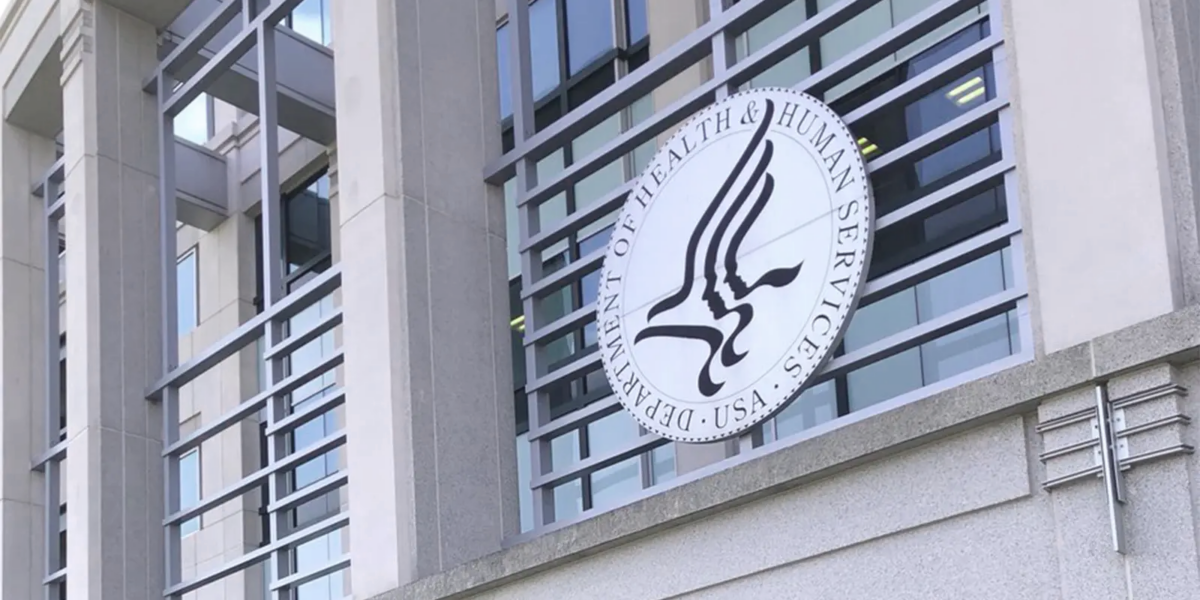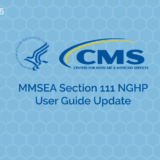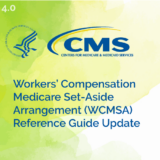During the 21 years between 1980 and 2001, it is no secret that the Centers for Medicare & Medicaid Services (CMS) did very little to enforce the Medicare Secondary Payer statute (a series of provisions beginning at 42 U.S.C. §1395y(b) commonly referred to as the MSP). This is surprising because the MSP prohibits Medicare from making payment when a primary payer should pay but makes only one exception for Medicare to be able to make payments conditionally provided it gets paid back. Therefore, in those 21 years, protecting Medicare’s past interests would seem to have been on the minds of all settling parties on either side of Non Group Health Plan (NGHP) claims – Automobile, Liability (including self-insurance), Workers’ Compensation, or No Fault cases involving Medicare beneficiaries.
With enforcement actions by the U.S. becoming a reality, most parties to settlement have come to learn the importance of identifying conditional payments made by Medicare prior to judgments, settlements, awards or other payments. However, early on, many plaintiffs and their attorneys ignored their obligations to consider and protect both Medicare’s past and future interests, most often without consequences. Regarding Medicare’s past interests, they were hoping to never hear from Medicare again. Regarding Medicare’s future interests, they hoped that Medicare would not deny injured Medicare beneficiaries’ injury related treatment. While there still seems to be some clarification on the horizon coming from CMS with respect to the legal obligations to protect Medicare’s future interests, there is no longer doubt regarding parties’ obligations to address Medicare’s past interests and satisfy conditional payments. However, negotiating the amount that CMS will accept as full payment, often through a process called the Medicare compromise process, may actually help protect the Medicare Trust Funds that the MSP was originally designed to protect[1].
Medicare has two Trust Funds. One for Part A that covers hospital insurance for the aged and disabled and one for both Part B that mainly covers doctors’ visits and Part D that covers prescription medications, for the same population of Medicare enrollees. It was announced in June 2018 that the Part A Hospital Insurance (HI) Trust Fund is projected to be depleted in 2026, three years earlier than predicted just a year ago. The Part B and D Trust Fund is not as bad off due to a financing system with yearly resets for premium and general revenue income and is projected to have adequate funding for the next ten years and beyond.
Total Medicare expenditures were reported to be $710 billion in 2017. Medicare expenditures were projected to increase at a faster pace than either aggregate workers’ earnings or the economy, and to increase from approximately 3.7 percent in 2017 to between 6.2 percent and 8.9 percent as a percentage of Gross Domestic Product (GDP) by 2029, causing substantial strain on our nation’s workers, the economy, Medicare beneficiaries, and the Federal budget.
A 2018 Annual Report of the Boards of Trustees of the two Medicare Trust Funds recommended a legislative response [2] to help protect the Part A Trust Fund. However, instead of waiting years for Congress to act, if parties to third party or workers’ compensation settlements involving Medicare beneficiaries [3], proactively address both past and future interests of Medicare, that could help slow Medicare Trust Fund depletion, in line with the above-described intent of the MSP.
With good reason, many MSP compliance discussions focus on considering and protecting the future interests of Medicare and the allocation and administration tools designed to protect Medicare’s future interests. Equally, if not more important due to the enforcement mechanisms currently in place, parties should address and protect Medicare’s past interests through Medicare lien resolution. Because we know the obligation to address Medicare’s past interests exists, doesn’t it make sense to be proactive and seek opportunities to reduce/compromise the amount CMS will accept to fully resolve reimbursement of its conditional payment demands/Medicare liens? While it might seem that CMS would frown upon compromise requests, doesn’t it make more sense for CMS to encourage an open line of communication with settling parties and grant discounts to those who take the time to comply with the law as opposed to those settling parties that shirk their respective MSP responsibilities and ignore Medicare’s past interests?
CMS held a webinar today regarding an April 2019 upgrade to the Medicare Secondary Payer Recovery Portal (MSPRP) scheduled to allow for electronic payment of conditional payments for all NGHP matters. The portal’s payment functionality should speed up the payment of known non-disputed conditional payment amounts. For parties interested in reducing exposure to high interest rates (close to 10% currently) associated with late payment of conditional payment demands, this new electronic payment functionality of the MSPRP should be welcome news. Ideally, there will be an opportunity to reduce the requested conditional payment amounts by the procurement costs associated with obtaining the settlements. However, Medicare lien resolution often involves more than just reducing the injured party’s conditional payment obligation by the procurement costs. As even better news, the compromise and waiver processes will not be affected by the electronic payments process. Therefore, even when conditional payment/Medicare lien amounts are paid electronically via this new MSPRP process, CMS will still consider compromise or waiver requests, and issue refunds to the party providing payment (or as directed and authorized in writing by the paying party).
[1] The MSP is a series of statutory amendments to the Medicare law from 1965 which in turn amends the Social Security Act of 1935.
[2] Because this is the second consecutive finding that the difference between Medicare’s outlays and its financing sources will exceed 45 percent of Medicare’s outlays within 7 years, a Medicare funding warning was issued, requiring the President to submit proposed legislation to Congress within 15 days after the submission of the Fiscal Year 2020 Budget. Congress would then be required by law to consider the legislation on an expedited basis.
[3] The future interests of Medicare should be considered for any settlement regardless of claim type or Medicare enrollment status because the MSP does not make distinctions regarding Medicare’s payment status as a secondary payer for different claim types or about workload review threshold standards that currently exist in the Workers’ Compensation Medicare Set-Aside Arrangement (WCMSA) Reference Guide published by CMS. Those workload review thresholds allowing review by CMS are triggered for WCMSAs involving Medicare beneficiaries for judgments, settlements, awards, or other payments (“Settlements”) over $25,000, and injured parties with a reasonable expectation of becoming enrolled in Medicare within 30 months of Settlement for Settlements over $250,000. Section 8.1 of the new WCMSA Reference Guide makes it clear that even for WC cases where the workload review thresholds are not met, Medicare’s future interests should be considered via a future care plan (using “plan for future care” to allow the reader to determine the method by which the plan for the future care of the injured party should be prepared – even if not recommending, certainly implying a method such as commonly seen in Medicare Set-Aside allocation reports), or else the settling parties will be placed “at risk for recovery from care related to the WC injury up to the full value of the settlement.” The industry is still waiting for regulations in the Code of Federal Regulations by CMS clarifying this issue for liability cases. This coming fall, there may be further clarification regarding consideration and protection of Medicare’s future interests via new Advanced Notice of Proposed Rulemaking in the NGHP area, with the hope that any resulting regulations will address comparative/contributory negligence, causation, policy limits, non-economic damages, and other factors unique to liability cases.








